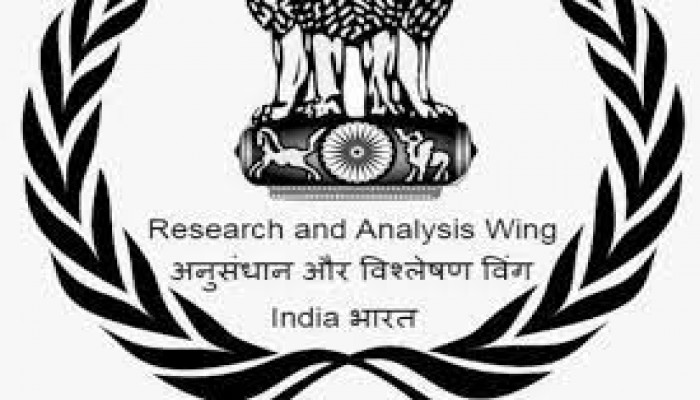R&AW issues warning about Chinese covert operations in India
- In Reports
- 07:47 PM, Oct 17, 2023
- Myind Staff
In a significant development, the Research & Analysis Wing (R&AW), the Indian external intelligence agency has raised concerns regarding Chinese operations within the country. This came after a security review meeting by the Foreigner Regional Registration Office (FRRO) was held.
R&AW has issued instructions to internal security agencies to keep an eye on Nepali individuals arriving in key cities like Mumbai, Pune, and Nagpur. The directive follows specific intelligence received from R&AW's sources in China, indicating that Chinese agents have devised new covert strategies to enter India undetected. These Chinese agents are discreetly adopting new identities by obtaining Nepali passports with the assistance of private agencies and local Nepalese passport offices.
Armed with these covert profiles, they traverse from Nepal to India holding Nepali passports. Once they reach cities such as Mumbai or Pune, their intriguing choice is to settle in Pune and often integrate into local communities, including joining ashrams. It is from here that they initiate their covert operations against India.
R&AW reports that these highly trained Chinese agents have honed their skills in both Hindi and English. Operating under the façade of Nepali citizens, they are deeply involved in economic warfare and covert operations. Their extended stays in India serve as a deliberate strategy, as their language proficiency and Nepali identity make it exceptionally difficult to discern their true origins, be it Chinese, Nepali, or individuals from the Northeastern regions, as they all share visual similarities.
The Chinese intelligence apparatus employs a unique approach, enlisting ideologues and journalists, particularly those with a Marxist ideology, for their operations in India. Chinese agents residing in India primarily focus on softer civilian targets, such as scientists, policy analysts, personnel from defense and space research and development institutions, journalists, and think tanks.
Furthermore, these agents, often using ashrams as cover, engage in economic warfare by infiltrating the Indian market through various small-scale industries. They produce subpar goods at minimal costs with the aim of establishing a foothold in the Indian economy. Their strategy includes influencing think tanks and policymakers to incorporate the Chinese market into India’s economic landscape. Additionally, these agents partake in social media warfare, collaborating with skilled individuals to counter government policies in recent years.
This revelation underscores the significance of maintaining heightened security measures and vigilance to thwart such covert operations on Indian soil.
Image Source: BN







Comments